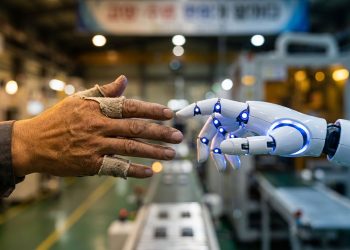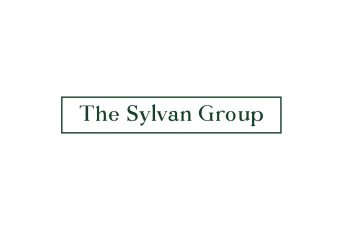Hyundai Motor, South Korea’s largest car manufacturer, said on Monday that it would supply 1,000 Hyundai Sonata units to the Saudi Arabian Airport. The new Sonatas will serve as taxis for operation serving airport passengers at the King Khalid International Airport, the carmaker said in a statement.
The automobile maker announced on Monday that it signed a supply deal with one of Saudi Arabia’s major transportation companies, Al-Safwa, last year on January 22. Hyundai already supplied 100 Sonata taxis upon the signing of the contract, with the remaining 900 units to be gradually delivered to the airport by the end of the year.
However, Hyundai did not disclose any information about the value of the contract.
Hyundai Motor will be the first carmaker to supply vehicles to the Saudi Arabian government after it recently restructured its transportation system. The state limited the total operational period of taxis within five years. It also required taxis to include an advanced payment system and display system, AI-based interpreters, and a green-colored exterior.
Last year, Korean automaker sold a total of 125,625 vehicles, including Sonata, Kona, and Santa Fe, in Saudi Arabia, making it the second-largest Middle East supplier after the United Arab Emirates (UAE). The previous year’s sale accounted for 23.4 percent share of the Saudi auto industry market.
Hyundai Sonata launched in Saudi Arabia in 2012, becoming popular in local sales and taking up one-fourth of the mid-sized sedan market last year.
In December, Hyundai Motor signed a contract supplying 1,232 Sonata Hybrid taxis to Dubai, adding to the company’s increasing popularity in the Middle East market.
A Hyundai official said that the company is delighted that international customers who are visiting in Saudi Arabia will be able to witness the new Sonatas at the airport and Hyundai’s leaping marketability. The official added that with the contract, the company would be reborn as a trusted automobile supplier for the Middle East market by quickly reacting to changes in future transportation policies.







